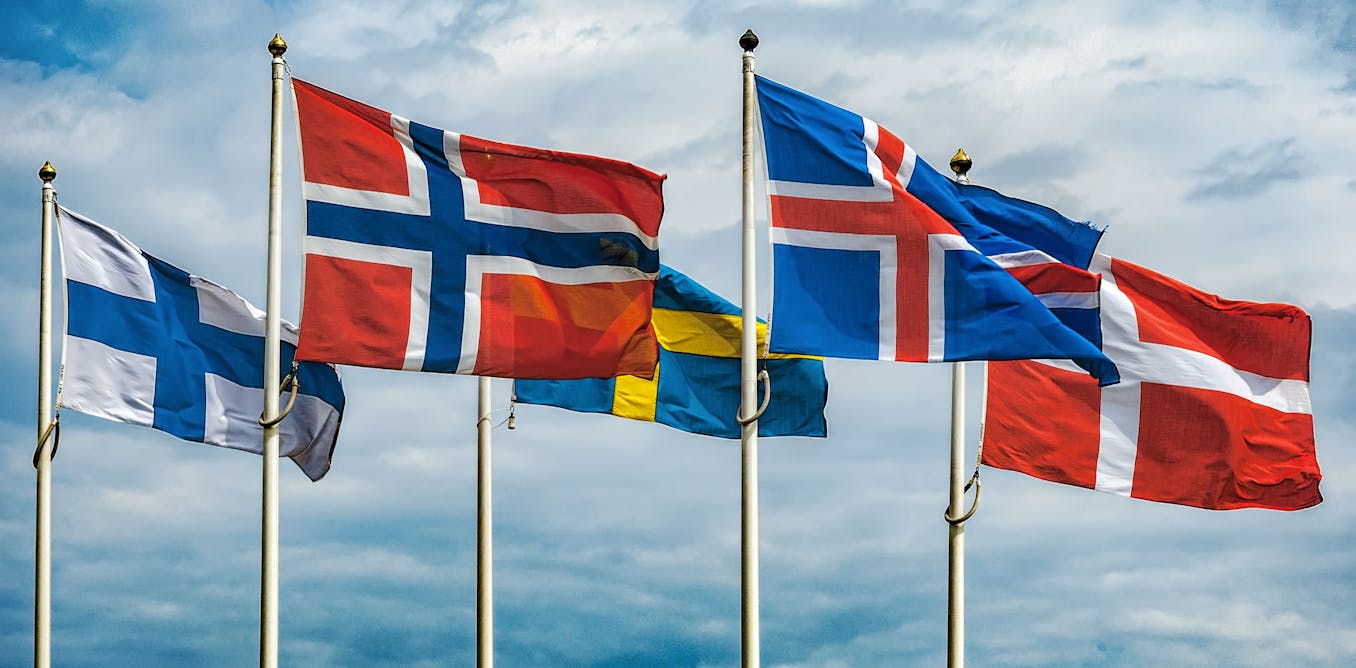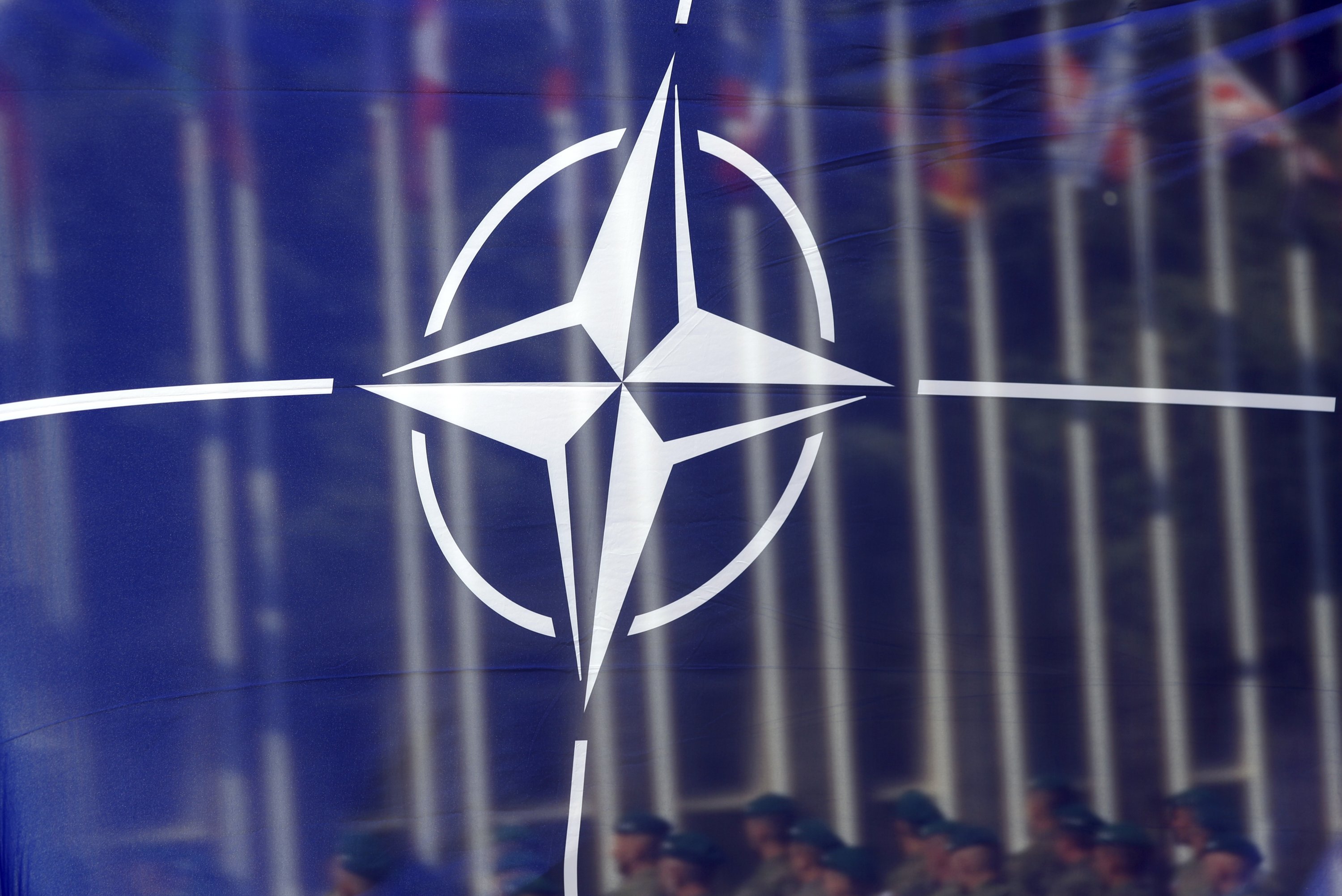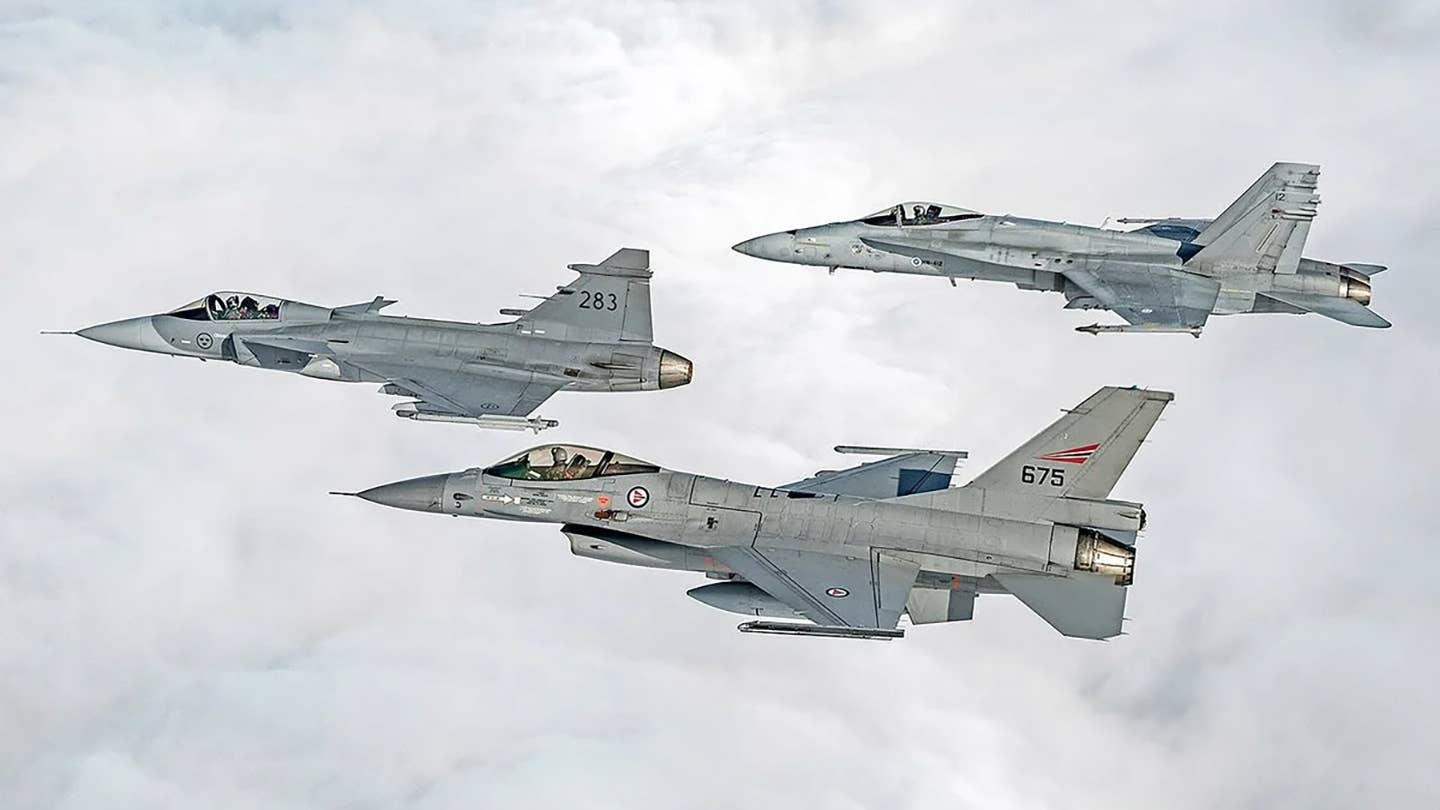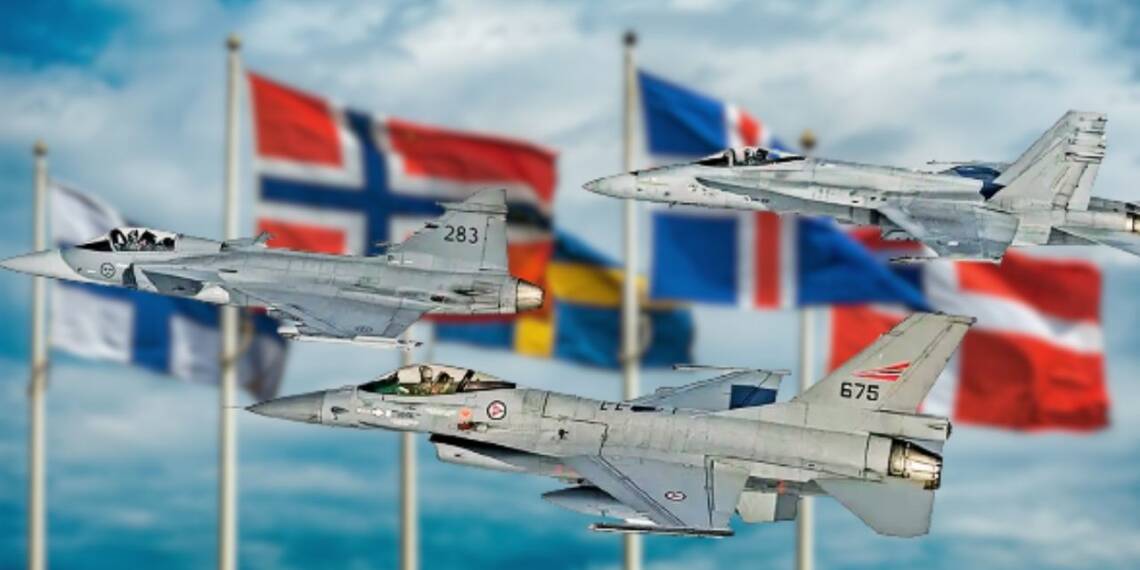Nordic NATO: The Nordic countries have a long history of cooperation and mutual support, both culturally and politically. Despite this, they have struggled to find a united voice on the international stage, particularly when it comes to security and defense. Recently, there has been talk of the Nordic countries forming their own military alliance, as they feel that they have been denied entry into NATO and have been treated unfairly by the European Union.
Nordic countries set to build their own NATO
At first glance, this may seem like a risky move. After all, NATO has long been seen as the cornerstone of European security, and the EU has made significant strides in recent years to develop its own defense capabilities. However, there are several compelling reasons why a Nordic military alliance could be a viable and necessary option for these countries.
One of the main reasons why the Nordic countries have been denied entry into NATO is their close proximity to Russia. Many of these countries share a border with Russia and have a complicated history with their powerful neighbor. NATO, as a military alliance, is designed to protect its members from external threats, and Russia is seen as one of the biggest potential threats to European security. However, the Nordic countries’ proximity to Russia means that they are also more vulnerable to potential retaliation if they were to join NATO. This has made some NATO members hesitant to extend an invitation to these countries.

However, this doesn’t mean that Nordic countries don’t face real security threats. Russia’s annexation of Crimea in 2014 and its ongoing aggression in Ukraine have sent shockwaves throughout the region, and many in the Nordic countries feel that they are at risk of similar aggression. Additionally, there are other security threats in the region, including cyber attacks and terrorism, which the Nordic countries would benefit from addressing together.
Read More: Sweden is now open to hosting nuclear weapons; a policy blunder of epic proportions
NATO’s failure to extend membership to nations like Sweden and Finland is therefore seen as a disservice to the Nordic countries. By denying them full membership, NATO is failing to provide them with the security guarantees they need, missing out on their unique capabilities and expertise, sending a message to Russia that their security concerns are not taken seriously, and failing to live up to its own stated values and principles.

Besides, the European Union, meanwhile, has not always been seen as a reliable partner for the Nordic countries when it comes to defense. The EU has made significant strides in developing its own defense capabilities, including the creation of the European Defence Fund and the Permanent Structured Cooperation (PESCO) initiative. However, these efforts have been criticized for being too bureaucratic and slow-moving, and the Nordic countries have not always felt that their interests have been taken into account.
Furthermore, the EU has failed to provide adequate economic support to Nordic nations, particularly in the face of challenges such as climate change and the digital economy. Nordic countries have been leaders in sustainable development and have made significant strides in transitioning to a low-carbon economy. However, the EU has not provided sufficient economic support to help these countries continue their progress and remain competitive in a rapidly changing global economy.
In addition, the EU has failed to fully recognize and support the democratic values that Nordic nations hold dear. For example, Sweden and Finland have a long tradition of neutrality and have not been involved in military conflicts for decades. However, the EU has not fully respected these values and has pushed for greater integration of defense and security policies, which Nordic nations have been hesitant to embrace.
Read More: Finally, Sweden and Finland have opted against joining NATO
The EU’s approach to migration and asylum policies has also caused significant tensions with Nordic nations. Countries such as Denmark and Sweden have experienced significant influxes of refugees and migrants in recent years, and they have been critical of the EU’s handling of the crisis. The EU’s response has been seen as insufficient, and it has not provided enough support to Nordic nations in dealing with the challenges posed by migration and asylum.
Finally, the EU has failed to adequately address the concerns of Nordic nations regarding the impact of EU regulations on their national sovereignty. Many Nordic nations have a strong tradition of decentralization and autonomy, and they have been concerned about EU regulations that could undermine their ability to make decisions at the national level. The EU has not adequately addressed these concerns, which has led to growing frustration among Nordic nations.

This has led some in the Nordic countries to look for other options. A Nordic military alliance would allow these countries to work together to address shared security concerns, without being beholden to the interests of larger NATO members or EU bureaucrats. It could also provide an opportunity for these countries to develop their own defense capabilities, which could be particularly valuable in the face of potential aggression from Russia.
Recently, several Nordic countries have moved to deepen cooperation among their respective air forces to bolster the region’s defenses. The initiative, covered by a joint declaration of intent, or JDI, takes place against the backdrop of persisting security tensions, provoked by Russia’s war against Ukraine, that are impacting the High North and Baltic Sea neighborhoods.
Read More: The Sweden-Finland episode is just another reminder of how adulterous EU nations are!
The first of its kind between the Nordic states, the declaration was signed on March 16 at Ramstein Air Base in Germany by the commanders of the Swedish, Norwegian, Finnish, and Danish air forces. The concept of a joint Nordic air force, comprising about 250 modern front-line combat aircraft, has been the subject of periodic discussions between the regional governments since the mid-1990s. Sweden’s and Finland’s unaligned status remained an impediment to advancing talks and joint initiatives. But with the two countries primed to join NATO, Nordic governments find themselves on more solid ground to discuss a common action plan to create a so-called mini-NATO that would deliver a formidable and unified air force capability. The air defense operations concept, embedded in the declaration, envisions joint Nordic air force cooperation developed along four principal lines of action. It also proposes the development of an integrated management structure for planning and executing air operations.
Moreover, the concept anticipates the development of a flexible and sustainable support system, joint air situational awareness, and joint training and exercise activities between the four Nordic air forces. The primary aim of the joint declaration is to strengthen air force cooperation between the four Nordic states, precipitating concrete joint initiatives to develop a strong regional air defense. The idea is to elevate collaboration between Nordic air forces so they can operate together in all situations.
Read More: Finnish and Swedish governments surrender their countries to Turkey to get NATO membership
Of course, forming a military alliance is not without its challenges. One of the biggest obstacles would be deciding on the structure and leadership of the alliance. The Nordic countries are all independent nations with their own defense policies and priorities, and it may be difficult to reconcile these differences in a cohesive alliance. Additionally, there are questions about how such an alliance would be funded and what its role would be in the wider geopolitical landscape.
However, these challenges are not insurmountable. The Nordic countries have a long history of cooperation and have already established a number of regional organizations to address shared concerns, including the Nordic Council and the Arctic Council. These organizations could provide a template for how a Nordic military alliance could operate. Additionally, a Nordic military alliance could potentially benefit from the experience and expertise of other non-NATO countries in the region, such as Finland and Sweden. Both of these countries have extensive experience in maintaining a credible defense posture without being part of a formal military alliance. By working together, the Nordic countries could tap into this expertise and develop a defense strategy that is tailored to their unique needs.








